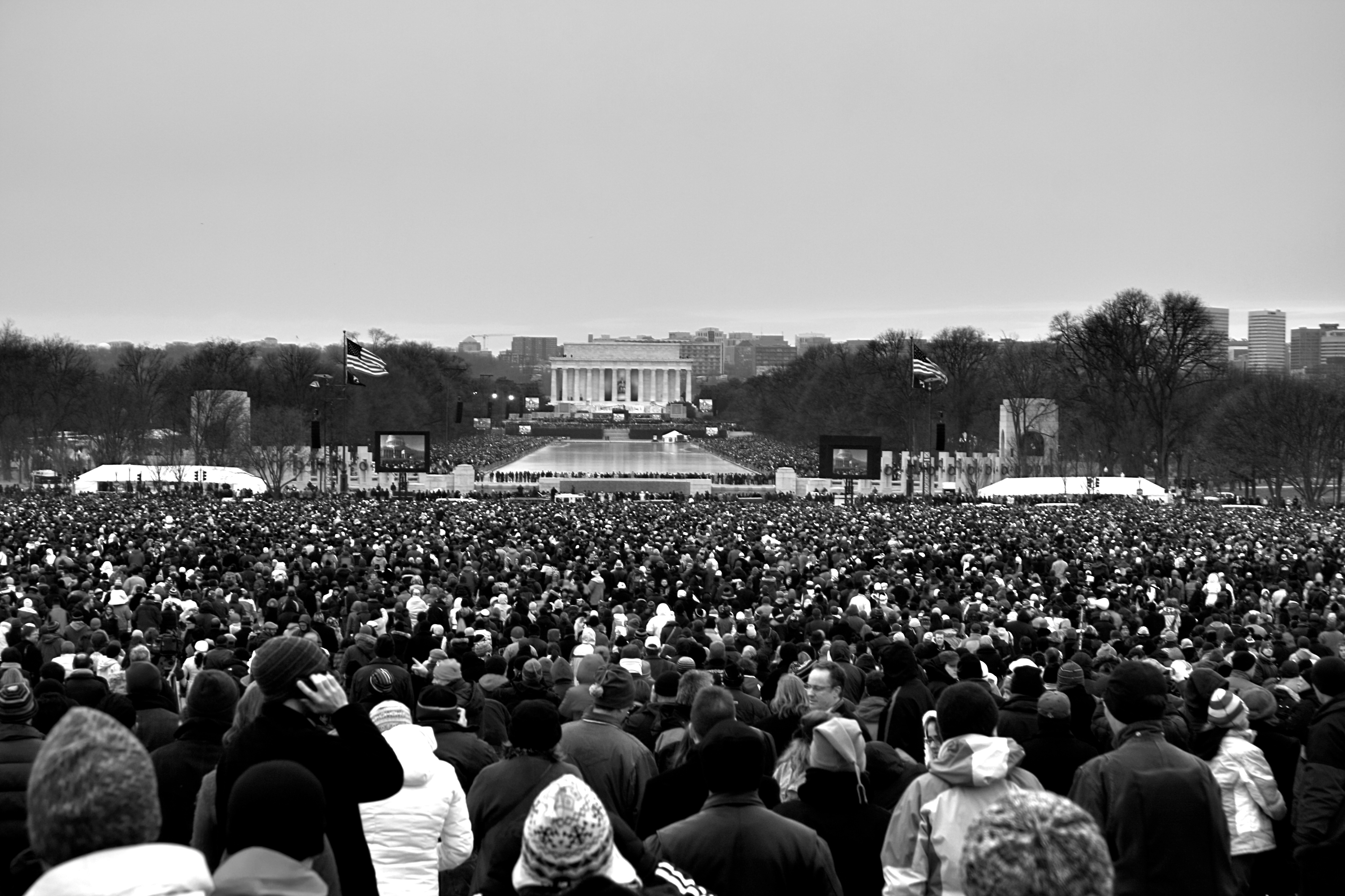Hyperlinked writing is the most powerful form of writing.
So begins Wesley Fryer’s excellent (linked) post in defense of the importance of learning to write using hyperlinks. Citing Shelly Blake-Plock’s hosting of the talk by Jay Rosen, entitled The Ethic of the Link.
Check it out:
When I first started using Wikis in my classes two years ago, I stressed repeatedly the density of text created with hyperlinks – especially as a means of ‘pointing’ to supporting evidence or details (even to humourous effect). I agreed – and agree still – with Rosen, when he says that good blogging means “giving you more than you expect, every single time you visit my blog. More knowledge than you expected. More links than you bargained for. More nuance. More depth. More education.” Loaded words.
At the time – long before I came upon this video, or read this New York Times article, brimming with linked supporting detail – I even went so far as to produce this essay rife with linked details and post it on my class’ SharePoint site:
“Through music the passions enjoy themselves.” Frederick NietzscheEvery so often it seems that culture converges, or coalesces out of its myriad pieces into movements which are capable of shaping history. One need look no further than the progression of modern pop music to appreciate that the will of the masses is able to correct the derivations of the few with regularity.
When rhythm and blues invaded nineteen fifties white America, the influence was not to be denied — despite television producers not showing Elvis beneath the waist — and the commercial jingles of the day were replaced with the birth of rock and roll, in Buddy Holly, Jerry Lee Lewis and Johnny Cash, to name a few.
The fifties though, were still dominated by the conservative parentage that had seen the world at war, and perhaps the Great Depression, and there was wide distrust of this Rock and Roll, which seemed to make their children crazy. The hysteria spread across the continent, and the Atlantic to England where was born the decade of the Beatles, Rolling Stones and Who (also Jimi Hendrix, Janis Joplin, Neil Young, Joni Mitchell, and always, out there on the margin, Bob Dylan). What followed was a decade in which culture converged around an idea (whether opposition to the war in Vietnam, or ideas of free love and an eternal now), and a new generation had asserted its will to change the (music) world.
These upwellings in culture are irrevocably followed by periods under which, now that the passion of the movement has died down, the diverse motivations of people displaces the harmony of events which led the series of changes in the first place. During the seventies – after the Beatles broke up – rock and roll became the deluxe, glossy likes of the Bee Gees, and the Eagles. This is not meant in any disrespect to the many accomplishments of Don Henley and the Brothers Gibb; it merely cannot be said that the seventies were noticeably shaken by the wizardry of Hotel California. This distinction, that of culture overtaking the system which precedes it, belongs to the birth of punk rock. Patti Smith, the Ramones, Sex Pistols and the Clash managed what the blues had managed two decades earlier: to give voice to those who did not feel represented in the dominant culture, those who always outnumber the few at the helm in times when culture seems to sleep, waiting to wake in revolution.
The seventies succumbed to the gloss and pop of the eighties, when Michael Jackson reigned – no, really, he did once – alongside Motley Crue, and Poison (though it can be said that Guns and Roses remained reasonably faithful to the mold cast of the Rolling Stones and Led Zeppelin) in the arena of rock. When it seemed that radio-friendly had finally ruined the prospect of music ever even being good again, in the eyes of many purists, Nirvana and Seattle exploded with grunge, and the modern apostles of rock in Chris Cornell, Eddie Vedder and the late Kurt Cobain. Only recently, indie rock, building on the permeation of the Internet as familiar language and environment among youth culture, has “rescued” music from the likes of N’Sync, the Backstreet Boys and Spice Girls.
Even at this very moment, as major record labels find themselves consolidating and merging with one another like victims of a shipwreck clinging to the warmth of others, the collective will of the music-loving masses, in the wealthy populism of the Hype Machine, Limewire, BitTorrents and a host of other peer-to-peer music sharing websites, stand on the steps of the Bastille, beginning to write the opening salvos in the New Music. And the precursor this revolution in technology has given music carries more weight in the exponentially shrinking world young citizens will grow to inherit. Those who will thrive in the new world will be those who are able to assimilate the divergent voices amidst the vastness of the present’s static: The Guru of Google?
